A genetically modified strain of herpes can kill cancer cells and stop tumors from growing, according to new research. The strain, called T-Vec, was used to treat patients with melanoma as part of one of the final phases of testing of a new drug.
The research, published in the Journal of Clinical Oncology, is the latest to show how viruses may be used clinically to kill cancer cells. Unlike chemotherapy, which casts a wide net and kills any proliferating cells, viruses often narrowly target cancer cells, which could make them more effective in fighting the disease. The method also appeals to researchers because it activates the immune system to fight cancer.
Researchers looked at more than 400 patients with aggressive malignant melanoma, the deadliest type of skin cancer. More than 16% of patients given the T-Vec treatment showed a lasting response for six months, compared with 2% of members of the control group given normal treatment.
“We may normally think of viruses as the enemies of mankind, but it’s their very ability to specifically infect and kill human cells that can make them such promising cancer treatments,” said professor Paul Workman, chief executive of the Institute of Cancer Research, in a statement.
The drug, produced by Amgen, now awaits approval from the U.S. Food and Drug Administration before it will be offered to patients.
See the Human Body Under a Microscope
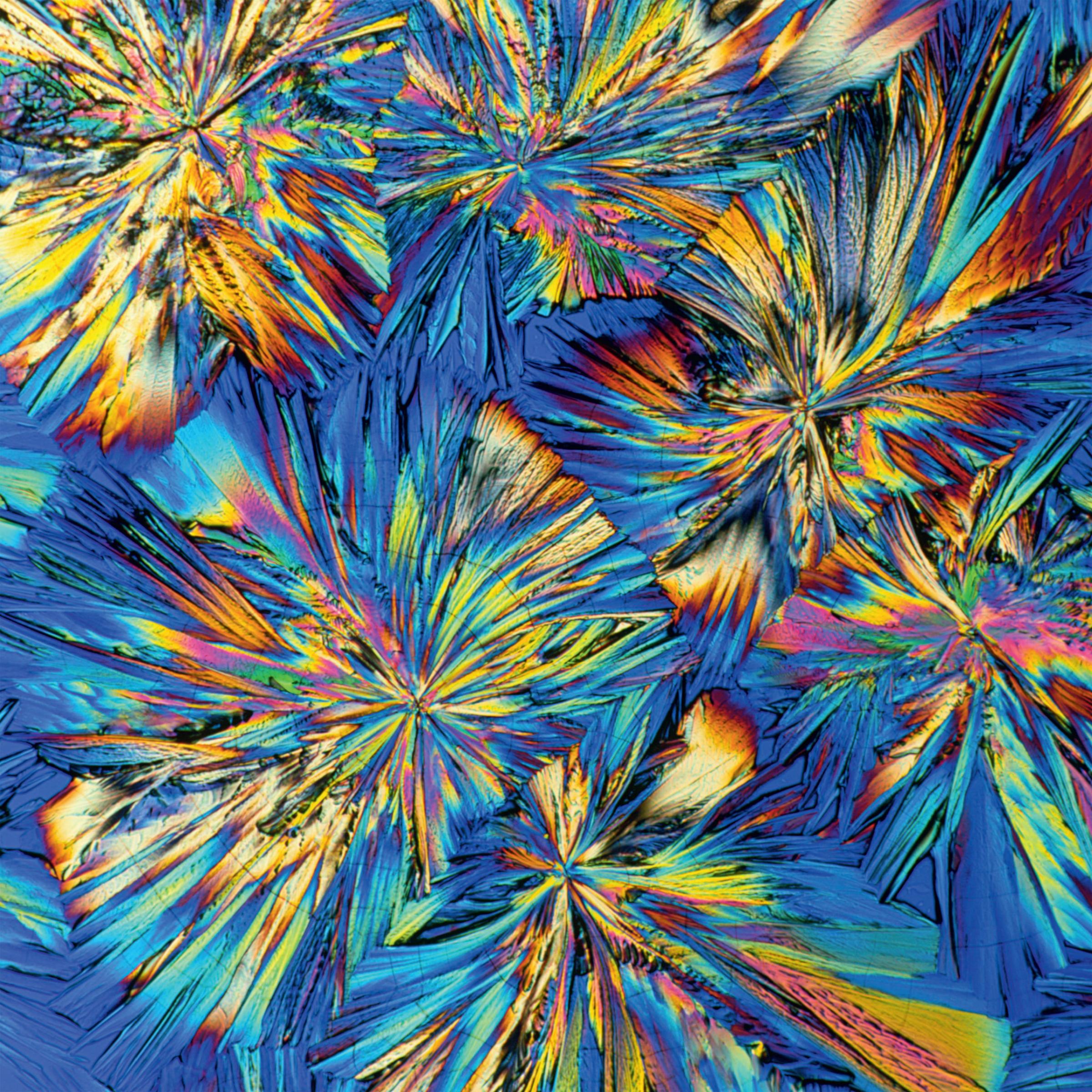
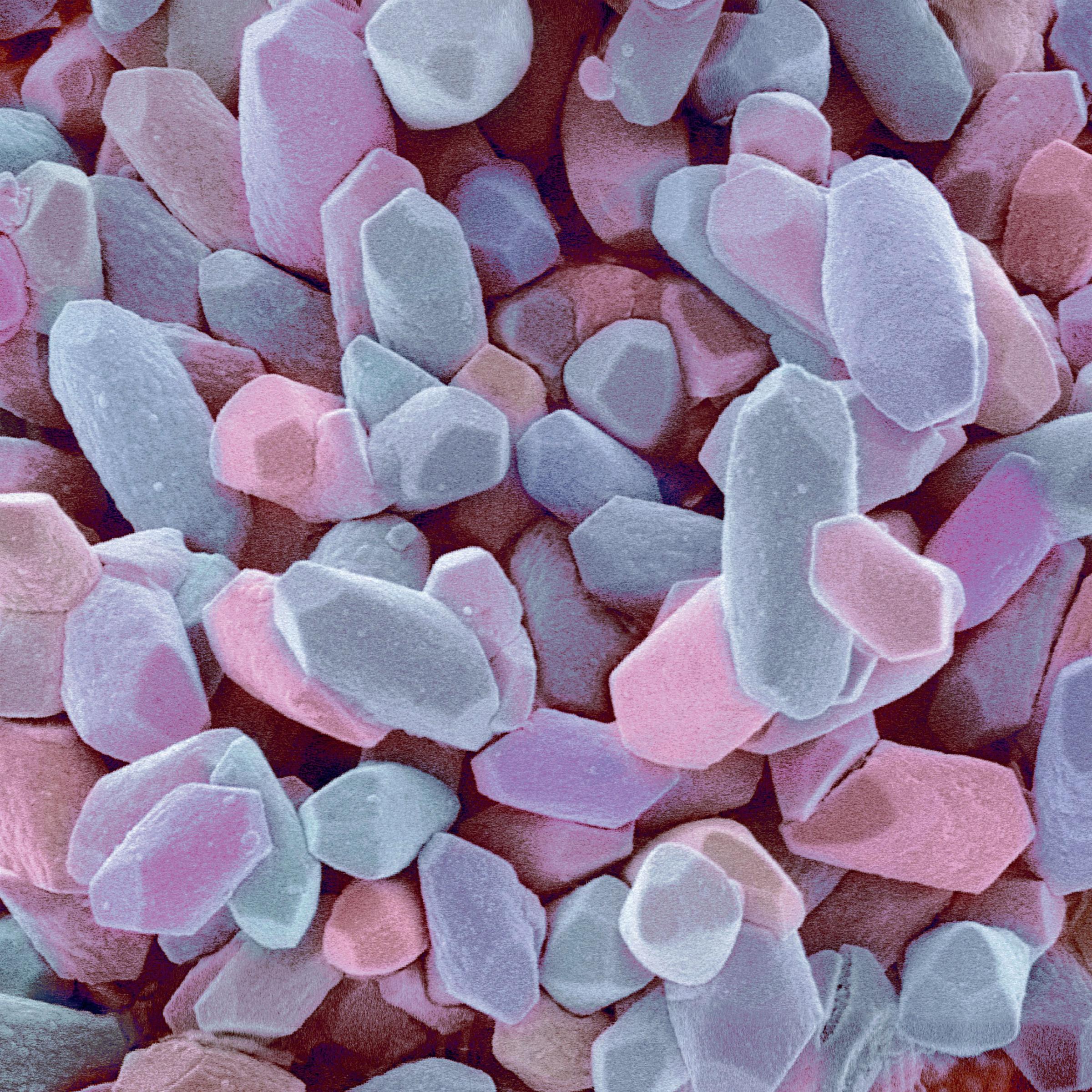
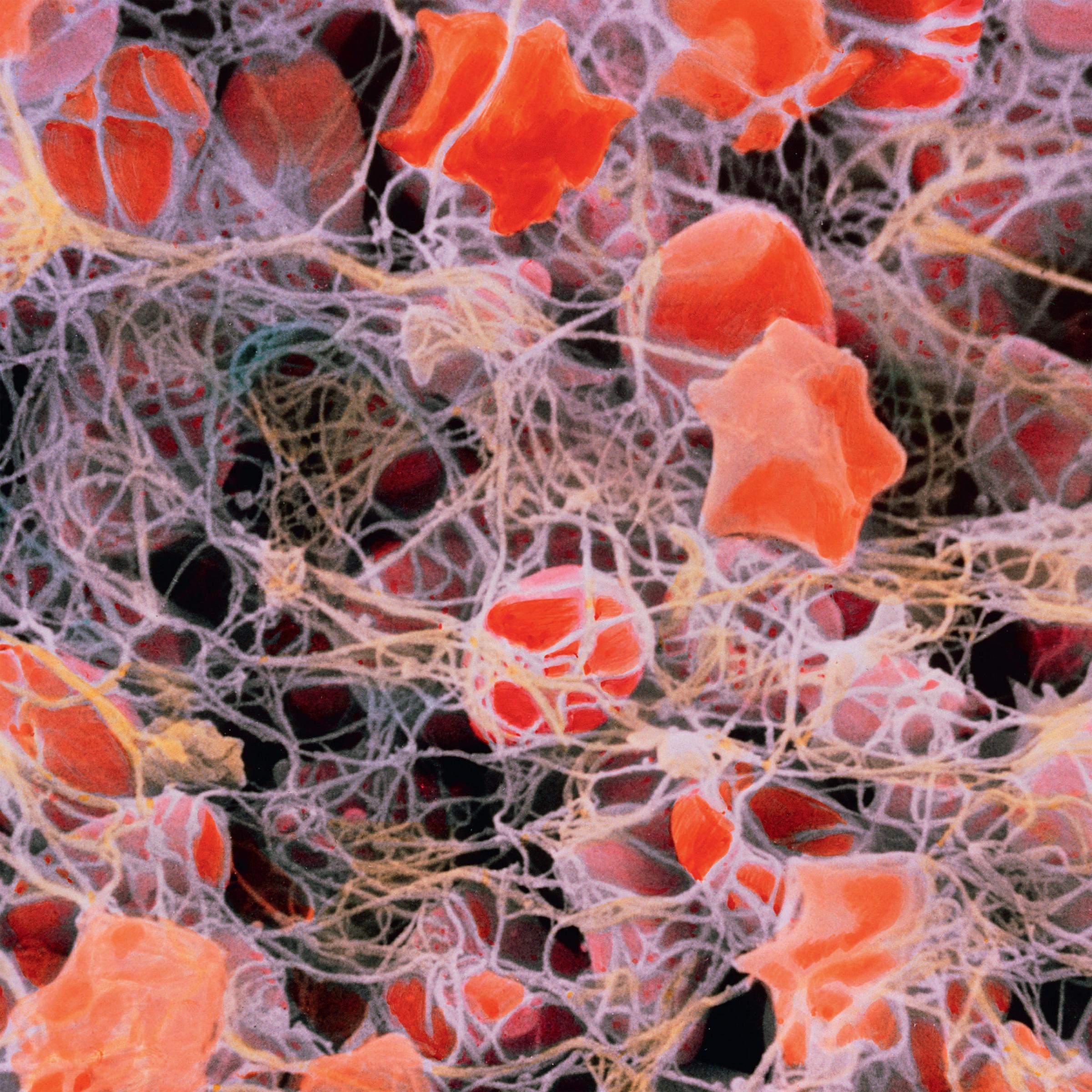
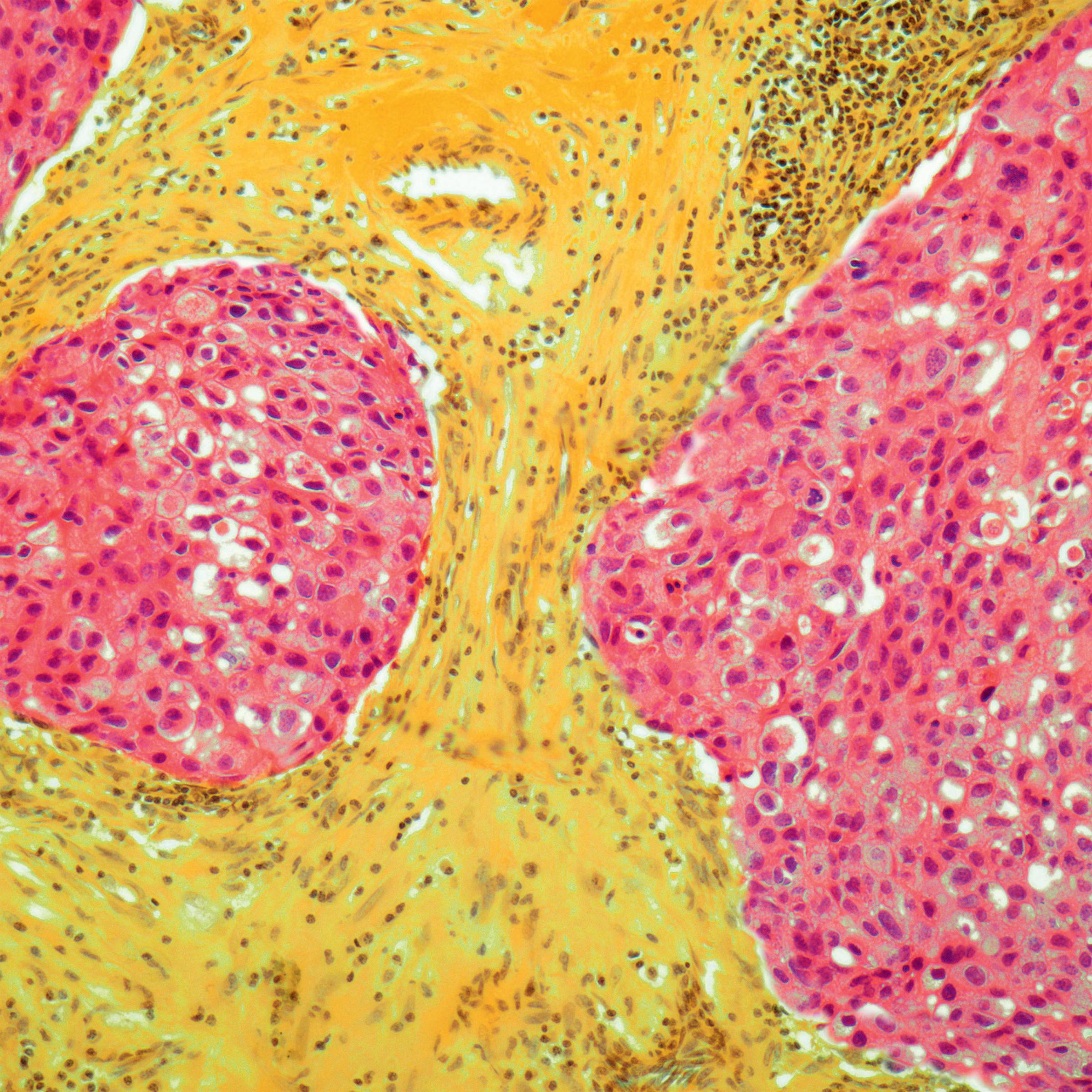


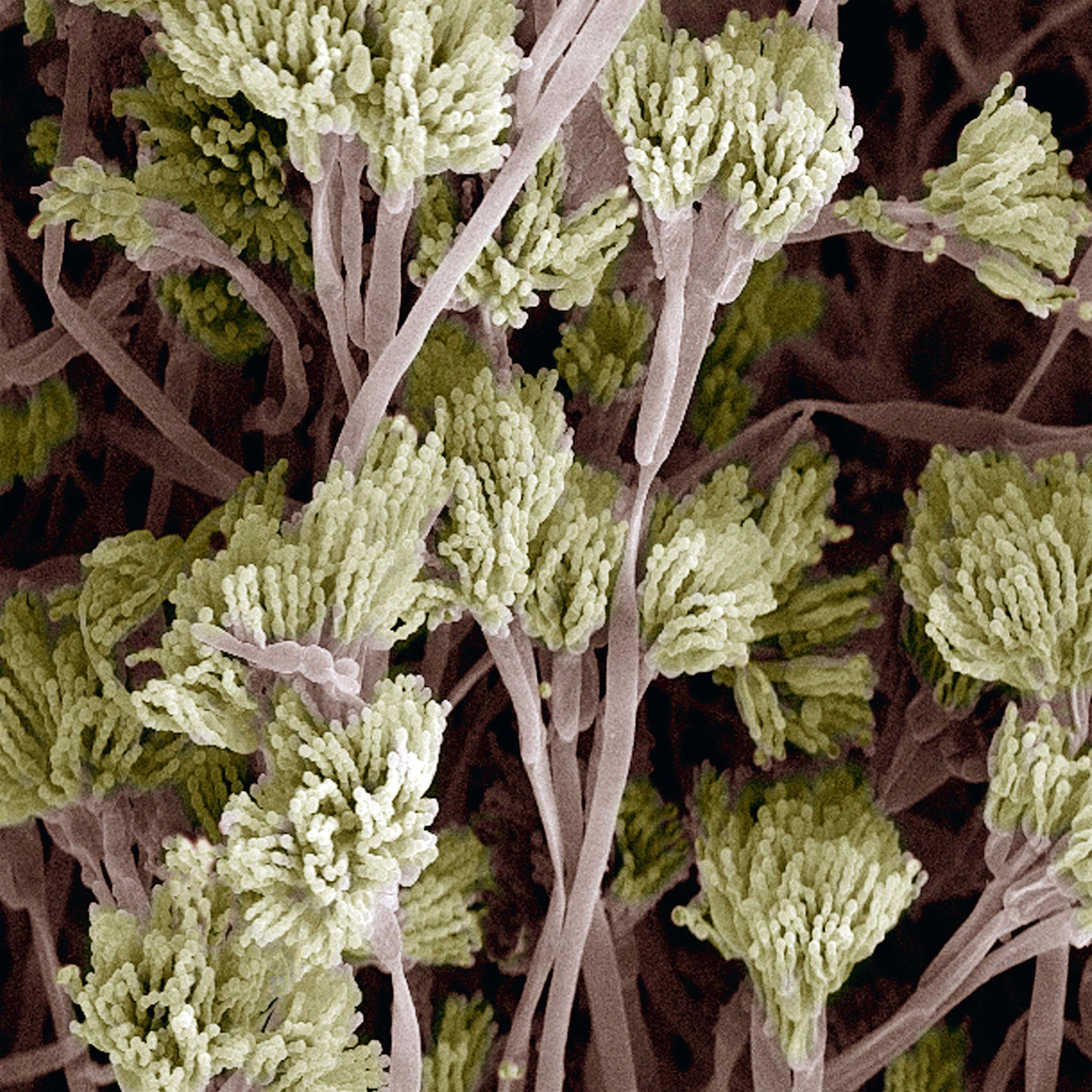

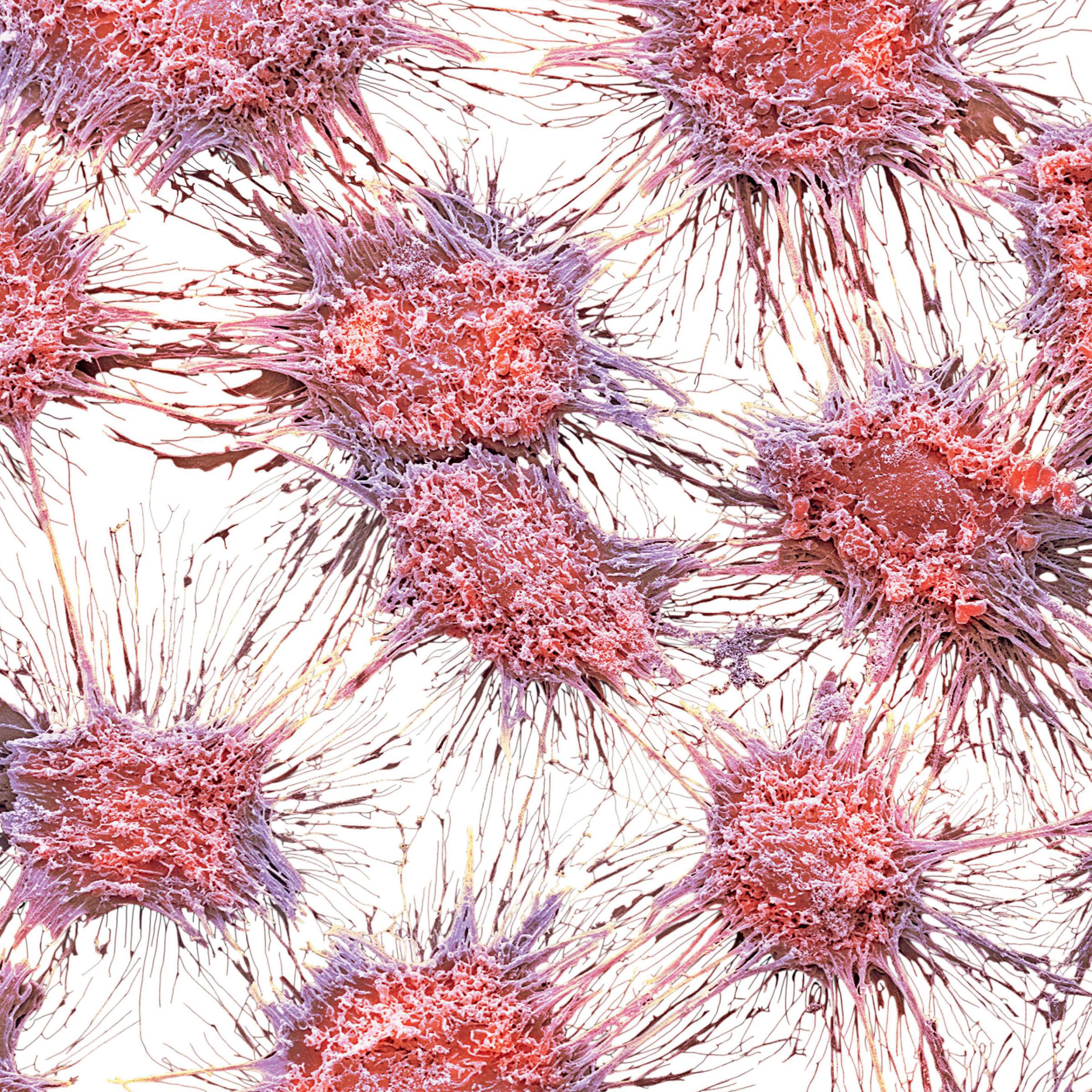
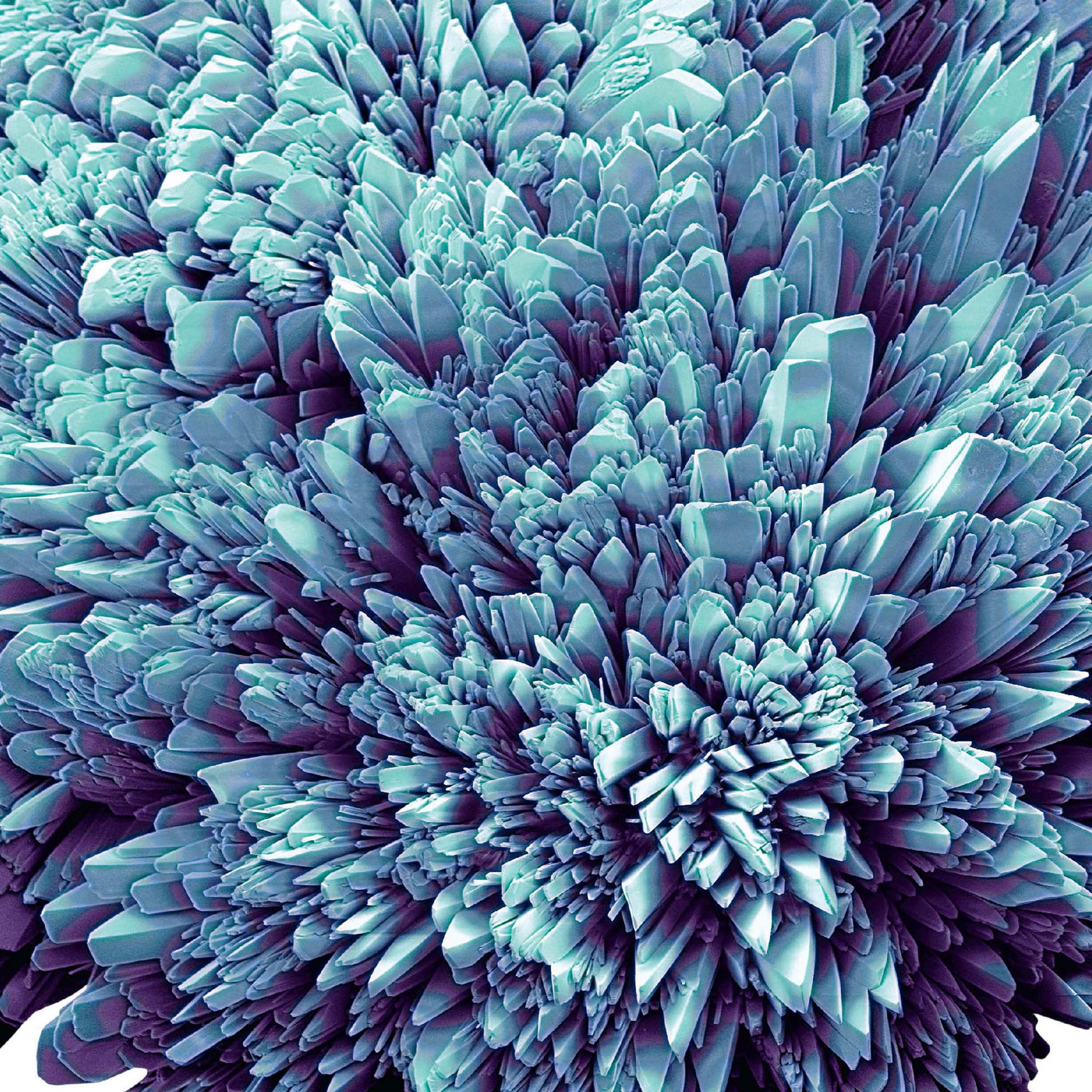
More Must-Reads from TIME
- Donald Trump Is TIME's 2024 Person of the Year
- Why We Chose Trump as Person of the Year
- Is Intermittent Fasting Good or Bad for You?
- The 100 Must-Read Books of 2024
- The 20 Best Christmas TV Episodes
- Column: If Optimism Feels Ridiculous Now, Try Hope
- The Future of Climate Action Is Trade Policy
- Merle Bombardieri Is Helping People Make the Baby Decision
Write to Justin Worland at justin.worland@time.com